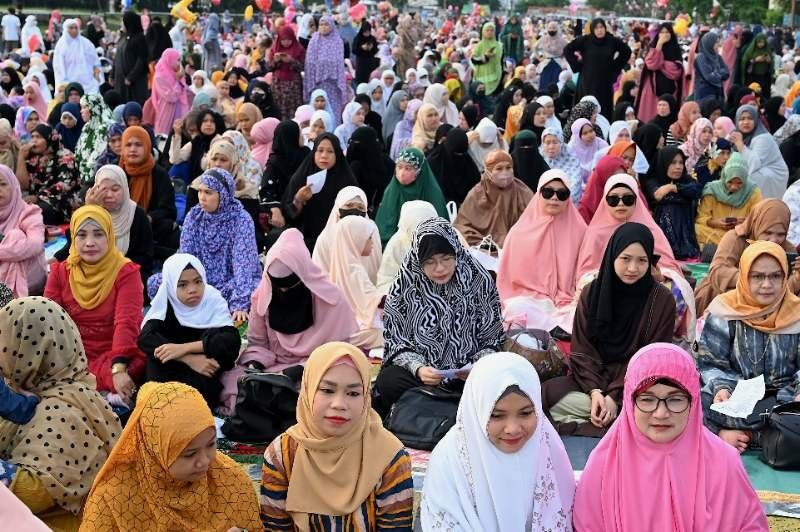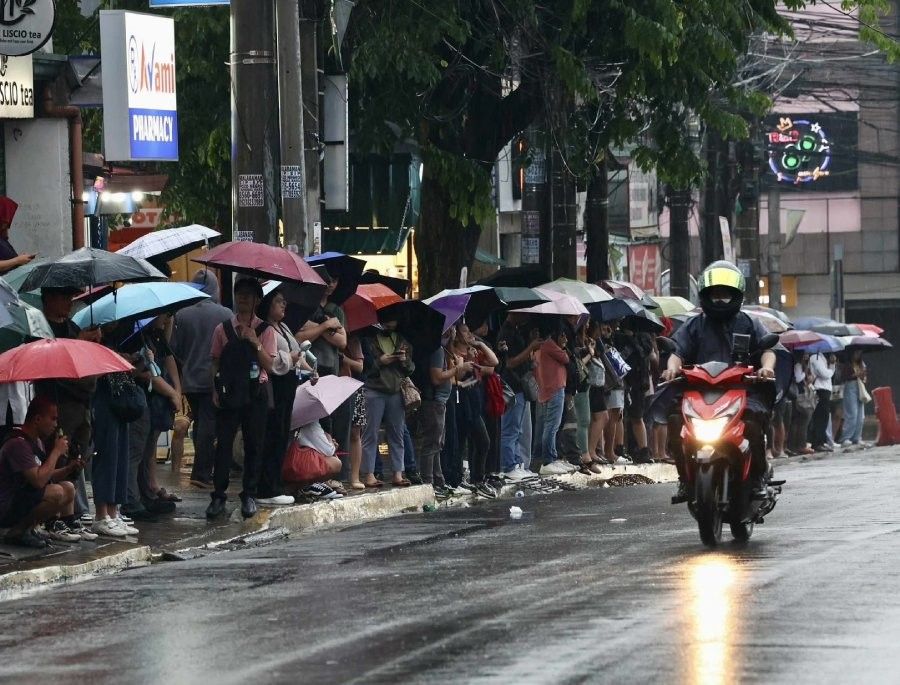
Upgrade to High-Speed Internet for only ₱1499/month!
Enjoy up to 100 Mbps fiber broadband, perfect for browsing, streaming, and gaming.
Visit Suniway.ph to learn
MANILA, Philippines — The Department of Health (DOH) on Saturday, May 31, dispelled fears of a monkeypox (Mpox) surge, saying there is no basis for imposing a lockdown and urging the public to be vigilant against fake health information circulating online.
In an advisory, the DOH said it has not proposed a lockdown, saying that such action is unnecessary since Mpox is not an airborne disease.
"Walang pangangailangang magkaroon ng lockdown dahil sa mpox dahil hindi ito airborne (There is no need for a lockdown. Mpox is not airborne),” the health agency said.
According to the World Health Organization, Mpox is a viral infection that can spread between people, mainly through close contact, and occasionally from the environment to people through things and surfaces that have been touched by a person with Mpox.
No surge, only mild variant detected
The health department also clarified that the recent spike in Mpox-related headlines was due to active announcements from local government units (LGUs), not because of a major outbreak.
"Mas marami pang Mpox nung 2024. Mas marami ring naitala nung Abril kaysa ngayong Mayo 2025. Nagkataon lamang na nagheheadline dahil aktibo at nag-aanunsyo na ngayon ang mga LGU," the DOH said.
(There were more Mpox cases in 2024. Even this April had more than this May 2025. The issue is only trending now because LGUs have become more active in their advisories.)
DOH spokesperson Albert Domingo likewise confirmed that more than 50 cases were recorded in April 2025, while fewer than 50 cases were detected this May. Since 2024, the total number of Mpox cases in the country has reached 911.
However, he stressed that the health agency is not focusing on the total number of cases.
"Tinitignan namin ang epidemic curve. Hindi kami tumitingin sa total. Kapag tumingin kasi sa total, ang impression parang dami-dami nang kaso," Domingo said in an interview on Super Radyo dzBB.
He added that in September 2024, more than 200 cases were reported as possible Mpox, but only fewer than 20 were confirmed, as several turned out to be chickenpox cases.
Clade II only
Domingo said that only Clade II of the Mpox virus has been detected in the Philippines, a milder variant compared to Clade I-b, which has not been found in the country.
Clade II has an estimated fatality rate of 1 in 10, while Clade I-b has a higher rate of 4 to 5 in 10 cases.
Domingo explained that fatalities associated with Mpox were mostly due to advanced HIV cases, and not directly caused by the virus.
"Ang mpox ay self-resolving disease. Virus siya at kusang gumagaling sa loob ng two to three weeks. 'Yung mga vulnerable, 'yung mga pumanaw, usually hindi mpox ang dahilan kundi advanced HIV. Nagkataon na mayroon din silang mpox," he said.
(Mpox is a self-resolving disease. It is caused by a virus and typically heals on its own within two to three weeks. Those who are vulnerable and have died usually did not die because of mpox, but due to advanced HIV. It just so happened that they also had mpox.)
According to Domingo, Health Secretary Ted Herbosa is more concerned about the rising HIV cases.
"Every day, umaabot tayo ng 56 to 57 news cases ng HIV per day (Every day, there are 56 to 57 new HIV cases)," Domingo said.
Face masks not main protection
Domingo also clarified that wearing face masks alone does not prevent the spread of Mpox, since it is not airborne.
"May ilang LGUs na nagpa-mandatory facemask. Wala namang mali sa pagsusuot ng facemask. Pero ang mpox ay hindi airborne kundi close contact. Balat sa balat, depende sa mode of transmission ang dapat na ginagawa na precaution," he said.
(Some LGUs made face mask-wearing mandatory. There’s nothing wrong with that. But Mpox is transmitted through close contact, skin-to-skin. Precautions should be based on the mode of transmission.)
He encouraged LGUs to coordinate with the DOH for appropriate health protocols suited to Mpox’s transmission method.
Public urged to verify information
The DOH also urged the public not to believe misleading Facebook posts and warned against falling for fake health statements, fraudulent endorsements from supposed experts, or posts with deceptive marketing tactics.
The agency urged the public to follow its official Facebook page for accurate health updates.
It also said that it had referred the matter to the Department of Information and Communications Technology for action against the source of the misinformation.

 3 weeks ago
37
3 weeks ago
37



